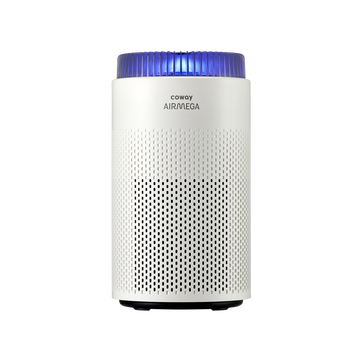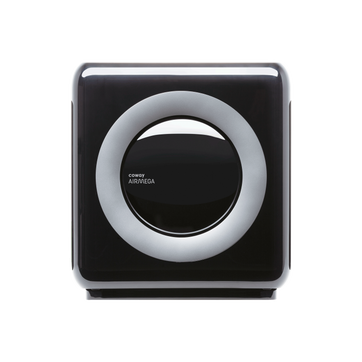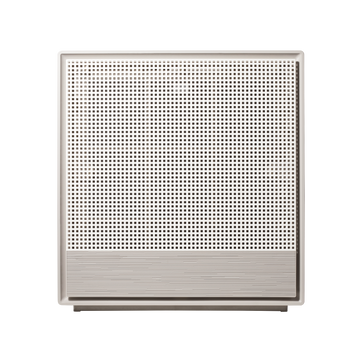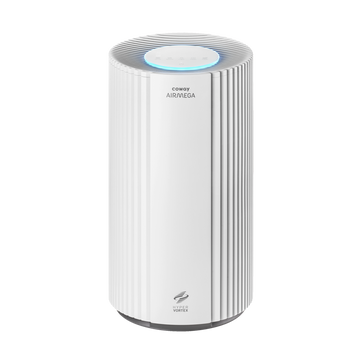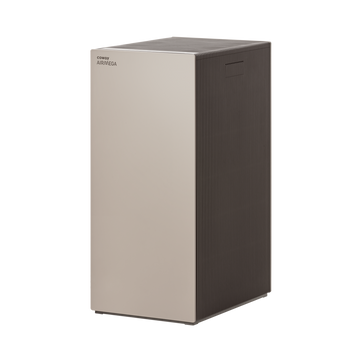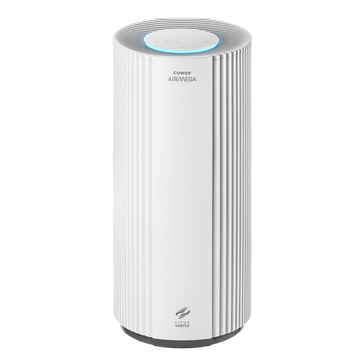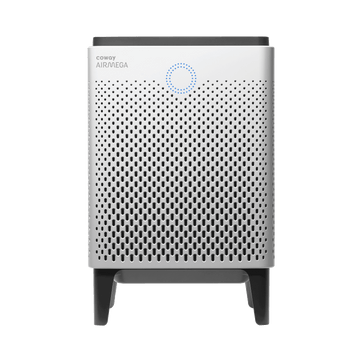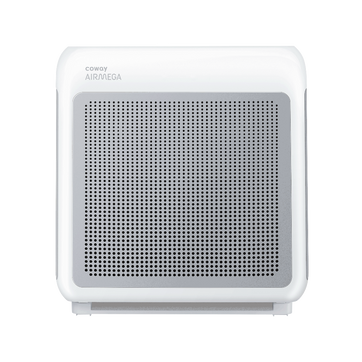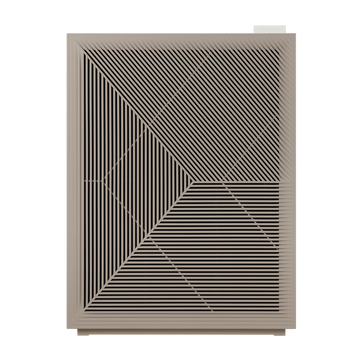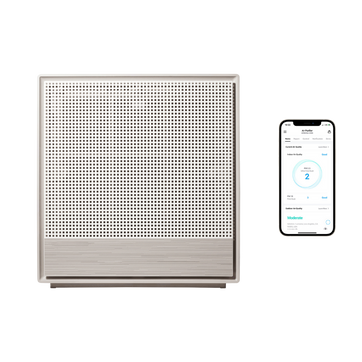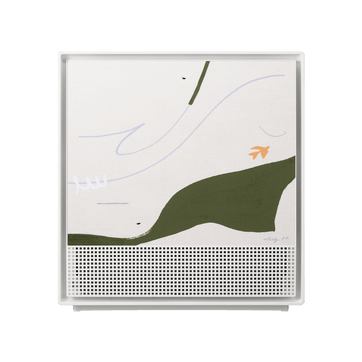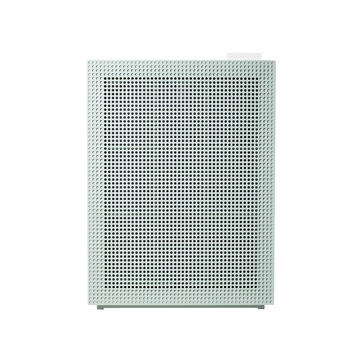
ICYMI: April’s top air quality headlines
This April, researchers continued their efforts to learn more about air pollution, while scrappy engineers worked to build the infrastructure to fight it. Here’s everything you need to know about the latest breakthroughs:
Takes a Seat
Trees are great at absorbing carbon dioxide and other pollutants, but, thanks to a new invention, we might not need to plant an entire forest to protect our lungs. The CityTree by Green City Solutions is part bench, part tree, and part air filter. It’s capable of absorbing the same amount of pollution as 275 trees at five percent of the cost of planting as many, its founders tell South China Morning Press.
Inside Information
We’ve been measuring outdoor air quality for decades, but a new study shows that we’re not doing enough to monitor indoor air, which can be filled with mold, off-gassing volatile organic compounds, and cooking fumes. Researchers from the University of Surrey say placing sensors in buildings will allow us to begin diagnosing illnesses related to “sick building syndrome” and take steps to reduce indoor air pollution.
Pollution Sleuth
Scientists have known for some time that you can gather pollution readings from moss samples, which absorb particles from the environment. This basic observation recently helped U.S. Forest Service scientists in Portland, Ore. discover the source of hitherto unexplained cadmium and arsenic pollution. The scientists noticed high levels of cadmium, arsenic, and other harmful substances in moss located near some of the city’s artisanal glass factories, Oregon Public Broadcasting reports.
Dangerous Path
Biking may be a healthier commuting option, but a new study says cyclists might be subject to some invisible risks. University of Toronto researcher Marianne Hatzopoulou placed air-quality monitors on cyclists in Toronto, and found that the city’s bike routes are among its most polluted roadways. The paths, Hatzopoulou tells The Metro News, put cyclists at greater risk of developing breast and prostate cancer.
Moving Forward
Cities like Beijing and New Delhi have instituted car bans to reduce “code red” traffic pollution days. Now Paris is taking cars off the road, too. The city will ban cars on nearly 20 routes, including the famous Champs-Elysees, one Sunday per month. When Paris conducted a test of the scheme in September, harmful emissions fell 40 percent, The Independent reports
Disclaimers
1Coway air purifiers have been proven to trap dust, pollen, dander, viruses and bacteria in the air based on KCL (Korea Conformity Laboratories) testing.They have been tested in a 30㎥ size chamber according to the Korea Air Cleaning Association standard (SPS-KACA 002-132:2022 Modified) to measure the 0.01㎛ size of particle removal rate. It was tested on maximum airflow speed in normal room temperature and humidity conditions. The performance may vary in the actual living environment of customers.
→ Tested with Airmega Aim, 50, 100, 150, 160, Tower AP-1216L, Mighty AP-1512HH, MightyS AP-1512HHS, 200M, Icon, IconS, 230, 240, 250, 250 Art, 250S, 300, 300S, 350, 400, 400S, 450, ProX
299.97% of viruses, bacteria, fungi and pollen were verified to be removed from the air for Coway air purifiers which have Green True HEPA™ filter applied based on the Japan Food Research Laboratories(JFRL) testing according to JEM 1467 standard.
→ Tested with Coway Airmega Mighty AP-1512HH, MightyS AP-1512HHS, 250, 250 Art, 250S, 300, 300S, 400, 400S
→ All tested by JFRL and received above result within below time.
4The concentration of ammonia, acetaldehyde and acetic acid were proven to be removed within 30 minutes by FCG Research Institute, Inc. Human Life Science Lab. It is not a demonstration result in the actual use space. Not all odors and gases may be supported. → Tested with Coway Airmega 150, 160, Mighty AP-1512HH, MightyS AP-1512HHS, 400, 400S
5The coverage area of the air purifier is based on an area where the air cleaner can make two air changes per hour (ACPH). An air change per hour translates to how many times an air purifier can clean an area, assuming the height of a ceiling to be 8 ft, in one hour. Therefore ** means two air changes per hour means that the cleaner can clean the area once every 30 minutes and * means air changes per hour means that the air purifier can clean the area once every 60 minutes.
10Terms and conditions apply. Discounts, including promotions, coupons, bundle discount and subscription discount, cannot be stacked on top of other coupons. During promotional periods, discount codes will not be able to be applied to orders. Promo codes may apply to products only—filters, accessories, and new products within 3 months of the release date are not included.
11Based on Coway R&D internal laboratory testing, activated carbon filtration was shown to remove up to 95% of ammonia odors within 40 minutes, and up to 99% of fecal odors within 20 minutes. Actual performance may vary depending on usage conditions.
